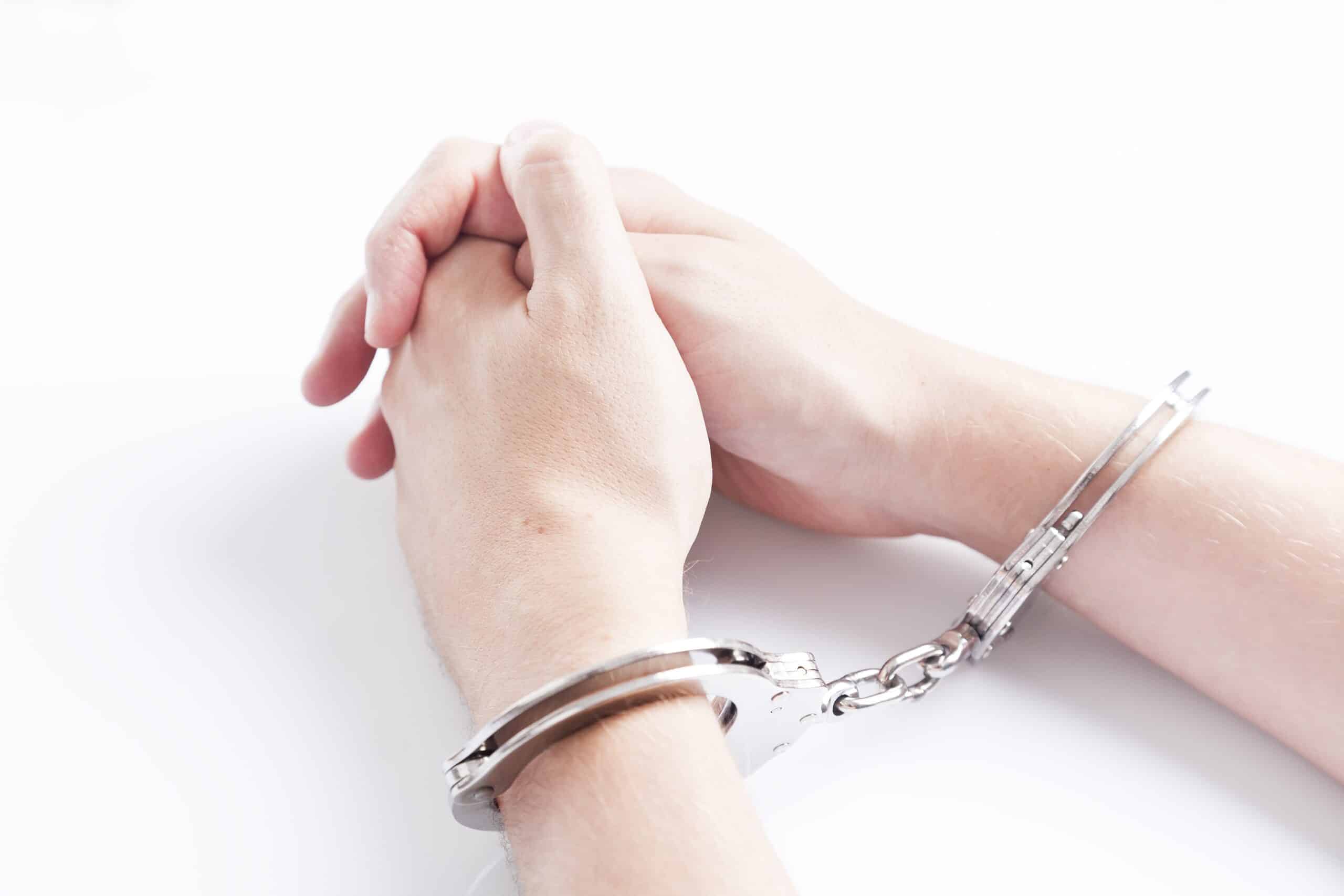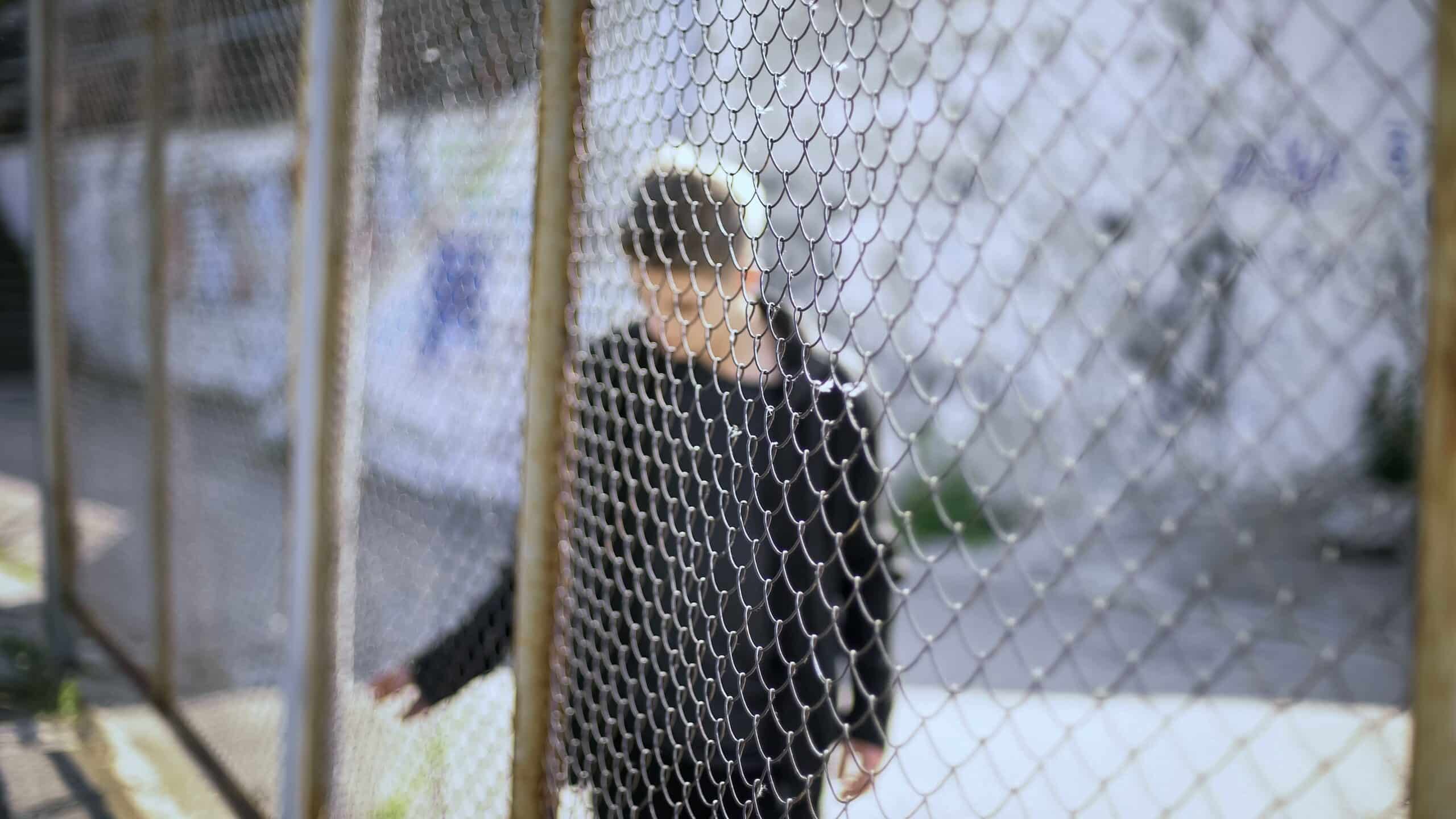Share This Article
Importing commercial quantity of border controlled drug – 307.1 Criminal Code (Commonwealth) – 1.5 kg MDMA
Our British client resided and worked as a real estate agent, and events manager in night clubs in Dubai for 12 months before travelling on a first class flight to Sydney to take a small holiday and meet his ex girlfriend when he was stopped by Customs at the sydney international airport who searched his suitcase and found 1.5kg of MDMA (ecstacy) hidden in 5 tins with the “Ortigia” brand on each. Before going to Sydney, he travelled back to his home city in London, England to catch up with his family and friends. After spending a few days in England, he proceeded to then fly to Sydney with a stop over in transit at Abu Dhabi after receiving a 3000 pound birthday present from his father, a wealthy property developer.
Our client was charged with importing commercial quantity of border controlled drugs from England to Sydney under section 307.1 of the Criminal Code Act (Commonwealth) 1995 which carries a maximum penalty of life imprisonment and/or an $825,000 fine.
The substance that was found inside 5 Ortigia brand tins were located within a larger round box labelled “Ortigia”, a well known beauty product around the World, particularly England.
In respect to the circumstances leading up to the offence, while in Dubai, our client had incurred some small debts here and there due to not being paid on time from his employer at the time. He went to England to meet with family and friends and celebrate his 30th birthday while catching up with friends. While in London, and at his hosted birthday party event, he was talking to a group of his friends about his plan to go to Sydney in the next few days as a holiday to meet his ex-girlfriend. It was at this stage, when a man by the name of Jo Wise, over heard the conversation, approached and requested our client to deliver a gift for his aunt who resided in Sydney. Jo Wise described the gift to be consisting of some Ortigia beauty products. Jo Wise was known to our client for 6-7 years, and on that basis our client accepted to do this and without opening, what legitimately appeared to be the sealed package of “Ortigia” beauty products in a large bag, placed it in his suitcase.
Our client described the “Ortigia” bag to look as if it had just come packaged and sealed from the shop. Our client maintained from moment of arrest throughout the entire 3 week trial that he had absolutely no knowledge that the drugs were in the tins located in the gift bag he accepted to deliver to Jo Wise’s “aunt”.
There was DNA forensic examination conducted of the inside of the packaging to find any traces of our clients fingerprints and other forms of DNA. There were no DNA or fingerprint evidence linking our client to the inside of the package whatsoever.
Our client gave a record of interview voluntarily to the Australian Federal Police (AFP) shortly after the drugs were found. He told police that his occupation is a real estate agent. He purposely did not tell police by that stage that he also worked as an events manager in the night club industry. He later gave evidence in court admitting he purposely did not tell police this at the time because of the drug stigma people have of working in the night club industry.
The prosecution case was one of circumstantial evidence. The crown prosecutor and Director of Public Prosecution (DPP), in the trial, relied on a number of circumstances for the Jury to make inferences that our client had knowledge that MDMA was hidden in the 5 tins.
The Prosecution relied on the following circumstances as inferences to amount to our client’s knowledge of the drugs:
- 1.5kg MDMA was located in tins within the suitcase carried by our client through airport
- Circumstances of accused travel which involved the reason he said he was travelling to Australia, namely, to meet his ex girlfriend to celebrate his birthday with; the short length of the trip he intended to stay for in Australia and the fact that he was travelling on a first class flight he purchased despite he was under some apparent financial shortage.
- Manner our client tried to distance himself from the “Ortigia” tins through his answers in the record interview with police. This was a point we successfully opposed on the basis that this is more a matter that goes to our client’s credibility, and appeared as though the crown was inviting the jury to find as a fact that our client tried to lie about certain events which goes toward his consciousness of guilt. This is more of a matter of his credibility. This point was not relied upon by the crown.
- The audio message which the crown said was consistent with someone involved in importation of drugs. Whereas our client gave evidence explaining that this was about an events management job he was being offered. The crown did not know who the voice was, and instead our client volunteered that it was his voice in the court room when giving evidence. The crown would not have ever known it was our client’s voice if he had not volunteered this information, yet he did because he had nothing to hide.
- The reference to “did they give you the bag bro” as a reference to the “Ortigia” bag with the drugs in it. However, when read in context, of the text messages immediately before this, it becomes clear he was referring to the bag he left at a pub the night before when he was out with friends.
- The stressed financial position that our client was in at the time.
- The less than candid answers our client gave in his record interview with the police and in his evidence in court. This evidence was objected by us on the basis that, firstly, evidence our client gave in court is not circumstantial evidence which His Honour Judge Jeoffreys disallowed the crown to submit on, on the basis that it misleads the jury to believe it is relevant to a consciousness of guilt. Secondly, the reference to “the less than candid answers” our client gave was an issue of credibility, not circumstantial evidence. The Crown was, as a result, not allowed to submit on this to the jury.
Our client volunteered to the AFP, during his interview, the name and mobile number of the uncle he was directed by Jo Wise to hand the gift containing the drugs to. The police officer responsible for investigating this matter was cross examined extensively by our defence barrister Mr. Grant Brady which confirmed to the court the fact that the police had failed to properly investigate our client’s story of what happened. For instance, the police had failed to contact the bank to confirm who in fact deposited the $3000 pounds into our client’s bank account; there was a failure to investigate the contacts on our client’s mobile phone except for the uncle our client was meant to deliver the gift to named, “Stan”. Police spoke to this contact initially but lost contact with him after his number subsequently, and very suspiciously became de-activated.
Our client’s father attended the trial and gave evidence to confirm he in fact did deposit the 3000 pounds as a birthday gift to his son. This was confirmed from his bank statements.
Our client’s friends Ryan and Craig attended Sydney from London to give evidence confirming that they were with Ben when Jo Wise approached him and made the request he take the gift box.









